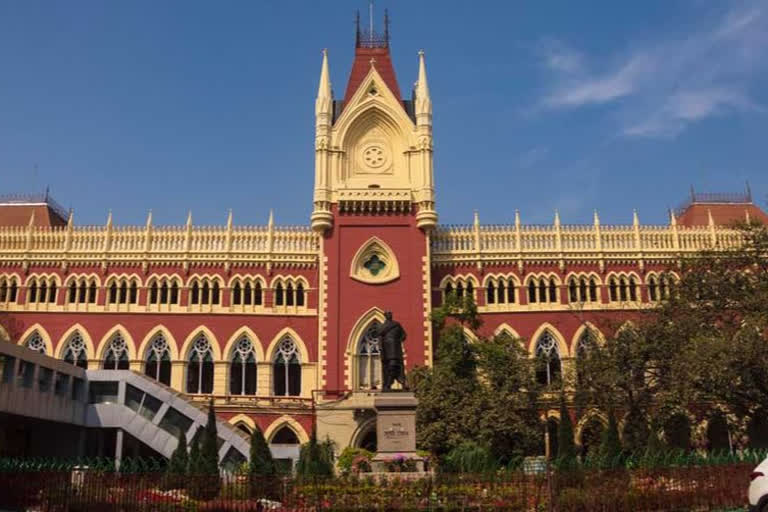Mumbai: The Maharashtra government told the Bombay High Court on Wednesday that it could not allow activist Gautam Navlakha to make phone calls from prison since he was facing charges of terrorism. Navlakha is an accused in the Elgar Parishad-Maoist links case. The state's counsel Sangeeta Shinde placed before a bench led by Justice Nitin Jamdar a resolution that the Maharashtra government had issued on March 25 this year imposing such prohibition.
As per the resolution signed by state Inspector General of Police, a coin box facility for inmates to make phone calls is available in prisons, including the Taloja prison in Navi Mumbai, where Navlakha and others accused in the case are lodged as undertrials. However, the resolution lists 10 categories of undertrials and convicts that cannot be granted access to the coin box facility.
The first of these 10 categories is of those undertrials who face charges of terrorism or conspiring against the nation- state and the government. As per the National Investigation Agency's (NIA) charge sheet filed in the Elgar Parishad case, Navlakha and his co-accused were part of a banned terrorist organisation or such outfits that acted as a "front" for banned organisations.
Also read: PIL in Supreme Court challenges limited working hours at Bombay High Court
The charge sheet also claims that Navlakha and his co-accused conspired to "overthrow" the Union government. Shinde submitted the resolution in response to Navlakha's appeal field through his counsel Yug Mohit Chaudhary, seeking that he be permitted to make phone and video calls while in prison.
He said in his plea that the video call (VC) facilities had been extended to all inmates during the last two years because of the COVID-19 pandemic protocol. But, now that physical meetings have resumed in prisons across the state, the VC facility has been withdrawn, he said. Navlakha said his partner was a senior citizen and lived in Delhi and it was not possible for her to visit him often in the prison.
Chaudhary also argued on Wednesday that denying phone call access to Navlakha was a breach of his fundamental right to life. But, Shinde argued that the state prison manual only prescribed making available "reasonable facilities" for communication to inmates. "What is the hurry in this matter anyway?" Shinde asked.
"He (Navlakha) has the option of writing letters and physical meetings are also allowed for all inmates," she said. The HC will hear the matter further on August 2. The case relates to alleged inflammatory speeches delivered at the 'Elgar Parishad' conclave, held at Shaniwarwada in Pune on December 31, 2017, which the police claimed triggered violence the next day near the Koregaon-Bhima war memorial located on the city's outskirts. The Pune police claimed the conclave was backed by Maoists. The NIA later took over probe into the case. (PTI)



